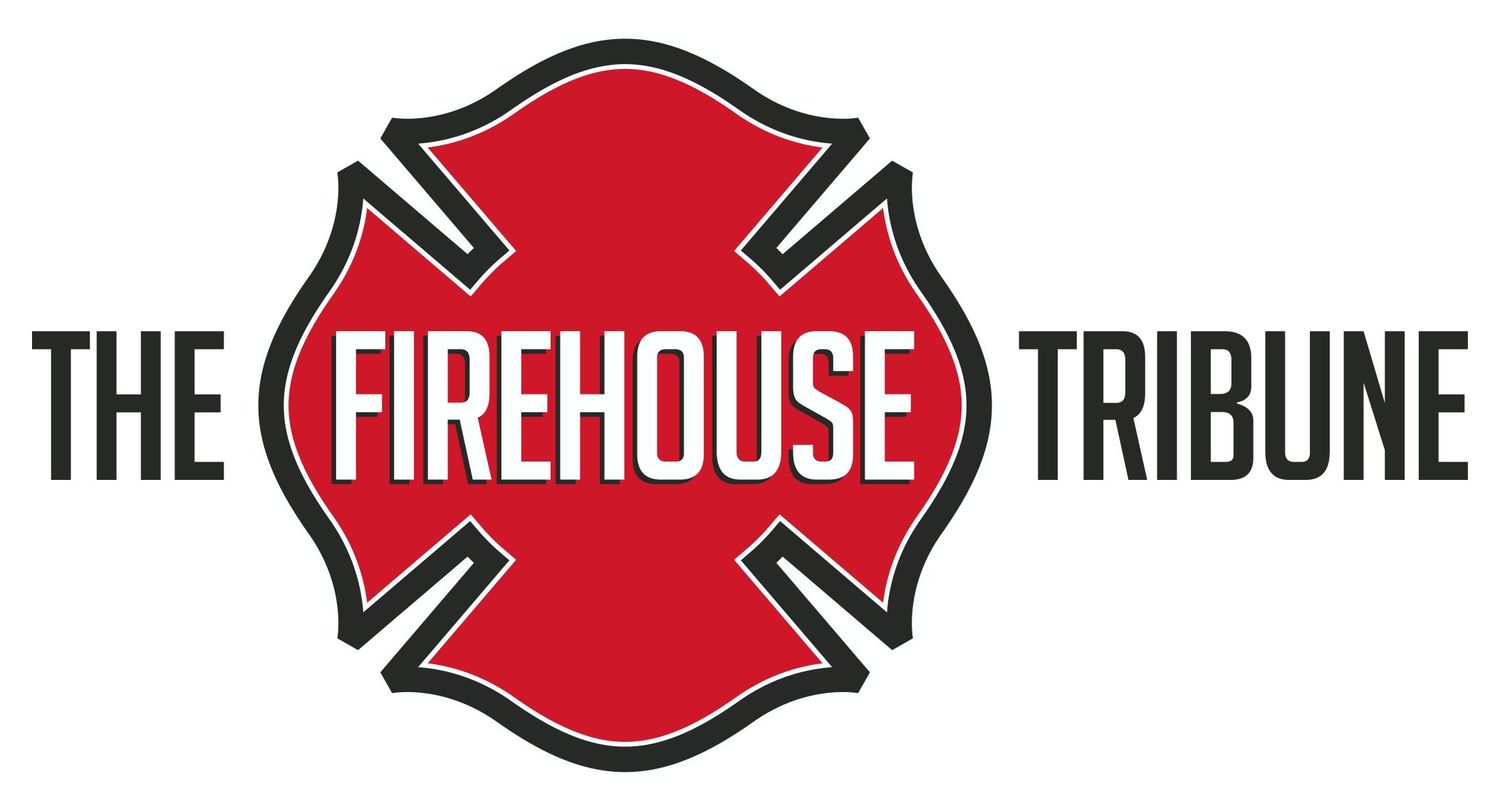Too much of anything isn’t a good thing. Why rest & recovery are beneficial to firefighters
As the old saying goes, "too much of anything isn't a good thing". In the case of firefighting, whether it be running calls, fire service skills training, fitness training for the fire service, reading or anything we do to prepare ourselves mentally and physically for the job warrants down time. Just as important is our physical preparation for the job but so is rest and recovery as equally as important. Each time we walk into the firehouse, step into the apparatus, gear up and answer the call, we are putting are bodies and minds through physical and mental exhaustion that will require rest and recovery.
Our minds need some rest to recover and also to assist with setting the right mindset to take all of these challenge's along with whatever life has in store for us. Our bodies need recovery to rebuild and strengthen our muscles and replenish energy stores in preparation for the next day's works. As we've been told many of times, firefighters are athletes and should treat themselves as such. By considering ourselves athletes, we need to know when training is becoming too much and if overtraining has occurred.
Overtraining occurs when the body has not had enough rest to recover between training session of any kind and finding the right balance between rest and work is highly important especially when the demand of the job is critical for everyone involved.
So how do you know when rest is warranted and overtraining has occurred?
Mentally and physically drained and sluggish
Muscle and joint soreness or pain
Decline in performance
Insomnia
Headaches
Lack or loss of enthusiasm
Now, here are 5 ways to rest, recover and prepare for optimal performance in and out of the firehouse.
Active recovery: active recovery activities, such as walking, swimming and yoga depend on the current level of fitness, fitness goals and training intensity when determining how intense these activities should be. Active recovery exertion however, should be limited to no more than 75% of typical workout level — just enough to warm up muscles, but not enough to induce fatigue. Further, active recovery is meant to complete a lower impact workout than your regular intensity. By doing so, it helps to lower heart rate, improves form and releases the endorphins usually associated with regular exercise.
Foam roller: rolling increases blood flow to the muscles and decreases recovery time. It could. also improve your range of motion and decrease risk of injury.
Stretching: Stretching will assist to increase range of motion and help to improve blood flow to muscles, which stimulates healing. A bonus to stretch is that it’s a great way to relieve stress.
Mindful meditation: Meditation, such as quiet relaxation and yoga, will help to decrease anxiety, improve emotional stability and decrease stress.
Sleep: This is critical for muscle recovery and overall performance. Most athletes (yes, we are functional athletes) need 7 to 10 hours.
The next time you’re feeling exhausted and overworked, try 1 or a few of these tips to recover and get back on the course stronger and ready to get after it.
Until next time; work hard, stay safe & live inspired.
About the Author
NICHOLAS J. HIGGINS is a firefighter with 17 years in the fire service in Piscataway, NJ, a NJ State certified level 2 fire instructor, a State of New Jersey Advocate for the National Fallen Firefighter’s Foundation and is the founder/contributor of the Firehouse Tribune website. A martial arts practitioner and former collegiate athlete in baseball, Nick is also a National Exercise & Sports Trainer Association Battle Ropes Instructor, Functional Fitness Instructor and Nutrition Coach. He holds a B.S. in Accounting from Kean University, and a A.A.S in Liberal Arts - Business from Middlesex County College. Nick has spoken at the 2017 & 2018 Firehouse Expo in Nashville, TN as well as at numerous fire departments within NJ and fire service podcasts.


